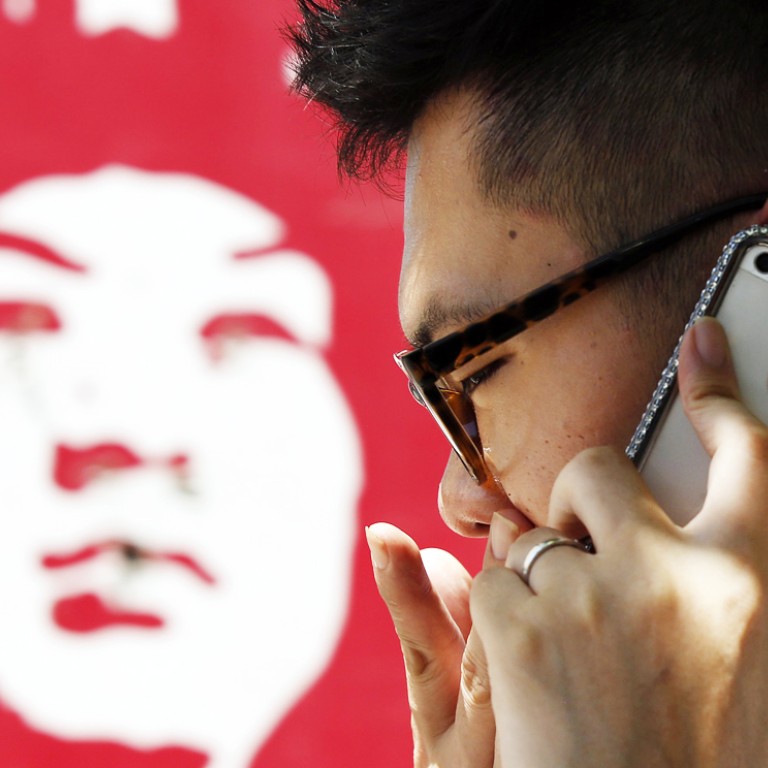
New | Apple launches first Chinese iCloud centre, but eyebrows raised over state firm’s role
Internet giant dismisses privacy concerns over state-owned company's 'deep involvement' in the project
Apple has established its first iCloud data centre in mainland China – using a state-owned telecoms company’s storage service, prompting concerns about government censorship and monitoring.
The unprecedented move was meant to soothe Chinese consumers who have been complaining about the slow speed of iCloud connectivity, according to Apple.
It also sought to dismiss concerns over the deep involvement of a Chinese state-owned company in the initiative.
“We have added China Telecom to our list of data centre providers to increase bandwidth and improve performance for our customers in mainland China,” Apple said in a statement to the on Friday.
The company denied that the change would compromise the security and privacy of user data.
”Apple takes user security and privacy very seriously. All data stored with our providers is encrypted. China Telecom does not have access to the content,” it said.
The US computer giant’s iCloud service enables users to automatically “sync”, or store and back up, files from their Apple devices to a storage locker on the web.
The company did not provide more details about the new iCloud centre, but an article on the website of Fuzhou’s city government in Jiangxi province on Tuesday said the switch in storage facilities took effect at about 5am last Friday following 15 months of technical testing and evaluation.
The article was later taken down.
The Fuzhou statement said that user experience was expected to increase significantly with technical improvements such as uptime (how long the system stays operational and accessible even through possible system interruptions – a measure of reliability) reaching 99.99 per cent.
This means users can almost always stay connected online.
The project has substantially increased China Telecom’s “confidence on technical innovation” and “control on products”, according to the statement.
An internet security expert in Beijing said the data encryption technology used by Apple was highly reliable and the company should be able to notice and prevent most illegal attempts to tap into privacy data.
”But intercepting and decrypting data stored in China is of course technically easier than those in the US,” he said, declining to be named due to the political sensitivity of the issue.
”I suspect there could be a deal between Apple and Beijing: you move your data centre to China, or I will ban the access to iCloud,” he said.
”This is not new. China has banned the use of Windows 8 in government because the operating system will send data to cloud centres in the US.”
The restriction on Windows 8 came after the government excluded security firms Symantec and Kapersky Lab from projects because of “national security concerns”.
Revelations of cyber-hacking and mass surveillance in previous months has prompted governments around the world to look more closely at the security of their data.

